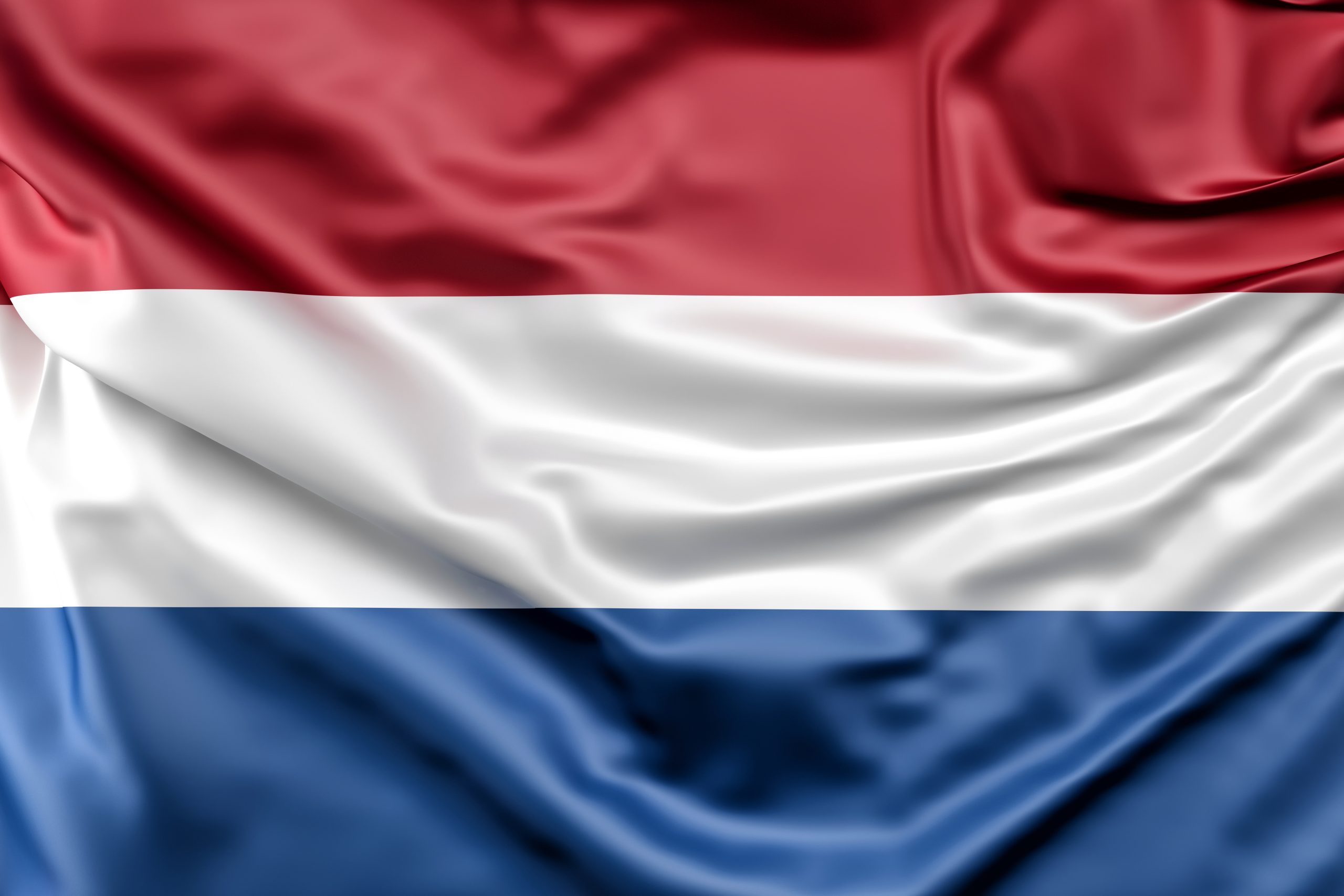A European Union of 30 or more Member States becomes more likely as the debate on the need for EU enlargement is picking up pace. Consensus seems to exist that the EU needs to reform in order to function well in a larger union. Views on how such an EU ‘FitFor30+’ would look like differ between Member States.
The Netherlands has a dubious reputation as a sceptical country, often blocking progress on enlargement, even if, in recent years, it has acted more constructively. However, in the run-up to the Dutch Parliamentary elections of 22 November 2023, EU enlargement and reform are hardly considered. The Netherlands is therefore currently not up to speed, whereas in Europe, the enlargement and reform train has departed the station and is reaching full steam. This train is unlikely to wait for one Member State unwilling or unable to make up its mind. In order to avoid a situation of being placed outside the inner-circles of negotiations and having to either use the emergency break or accept compromises, Dutch policymakers and politicians should better focus on actual interests, preferences and positions in the debate while engaging the general population, which still seems to be in the dark about changes to the EU that may become realities sooner rather than later. Alternatively, the Netherlands could return to its opposing views, but this may undermine its overall standing in the EU and weigh in on other issues.
About the Authors
Camille van Hees is a Research Fellow at the EU & Global Affairs Unit of the Clingendael Institute.
Louise van Schaik is Head of Unit EU & Global Affairs at the Clingendael Institute.
Wouter Zweers is a Research Fellow at the EU & Global Affairs Unit of the Clingendael Institute.


